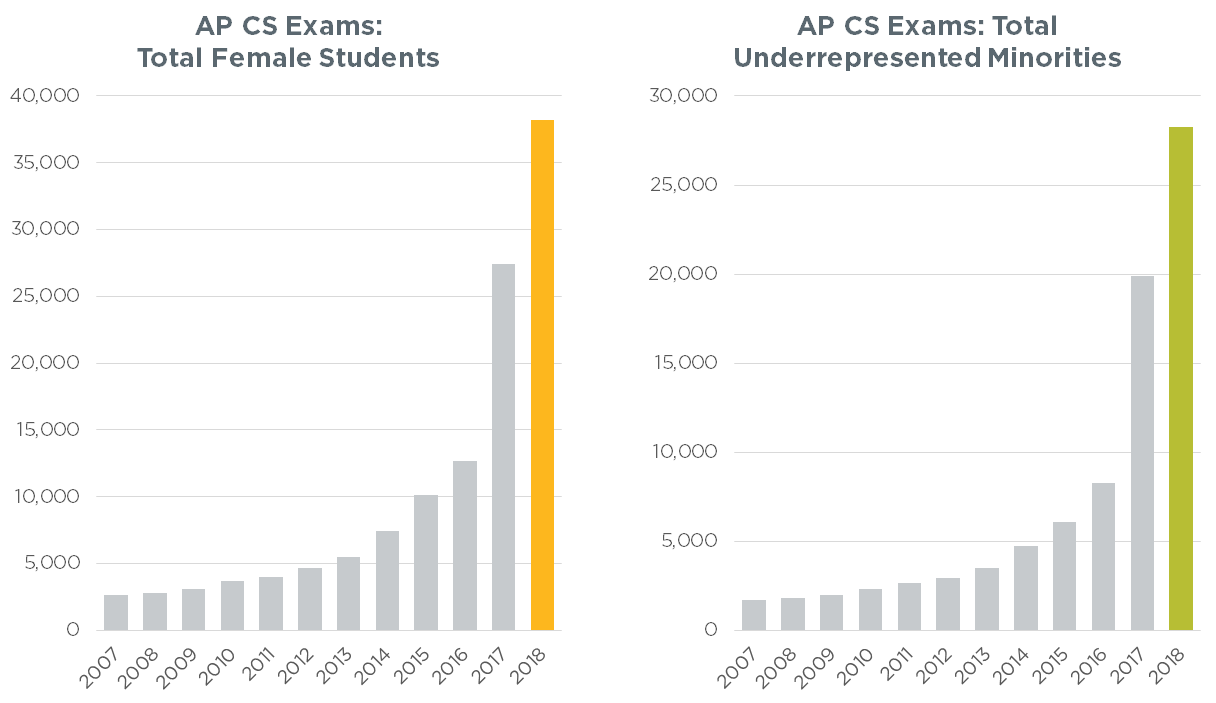We’ve moved!
If you’re looking for the Code.org blog, please join us over at Medium. You’ll find all Code.org news, curriculum updates, stories and announcements there. Thanks for reading!

WOW! Young women and underrepresented minorities break records in computer science as the fastest-growing groups! https://medium.com/@codeorg/girls-and-minorities-break-records-in-computer-science-as-fastest-growing-groups-39d23425810e
The Hour of Code is almost here—get custom shirts for your event!
With the Hour of Code quickly approaching, we know that many of you are looking for ways to celebrate. And what better way to do that than with a customized school t-shirt!

Customize Hour of Code shirts for your event in just 5 easy steps.
Step 1: Choose one of three logo designs
Teal Logo: https://www.customink.com/designs/hocyouth/hzf0-00as-92h8/twt
Black Logo: https://www.customink.com/designs/hocyouth2/hzf0-00as-aqqx/twt
Turquoise Logo: https://www.customink.com/designs/hocyouth3/hzf0-00as-ar4g/twt
Step 2: Customize your shirt
- Click “Edit This Design”
- Click “Your School” on the Image to select the text
- Edit the text in the “add text” box on the left panel and click Update. If your school or organization name is long, you can resize the text or change the font on this tab.
Step 3: Save your design
Click “Save/Send” to send the design to yourself.
**You MUST complete this step, especially if you are going to call CustomInk. They will use your email to pull up your saved design.**
Step 4: Place your order
Open the email you receive from Custom Ink to place your order. Take a minute to review the amounts, sizes and payment type you are using.
Step 5: Get ready to celebrate
Your shirts will be on their way for the Hour of Code! Please allow 2-3 weeks for production and delivery. All orders will be handled directly through CustomInk.
All questions about production and delivery should be directed to CustomInk.
Have fun, and happy coding!
Today, the White House commits $200M/year to expand access and diversity in computer science. The opportunity to learn computer science shouldn’t be determined by the color of a student’s skin or the neighborhood she lives in. This victory for students has been 4 years in the making; a huge thanks to all of our supporters!












